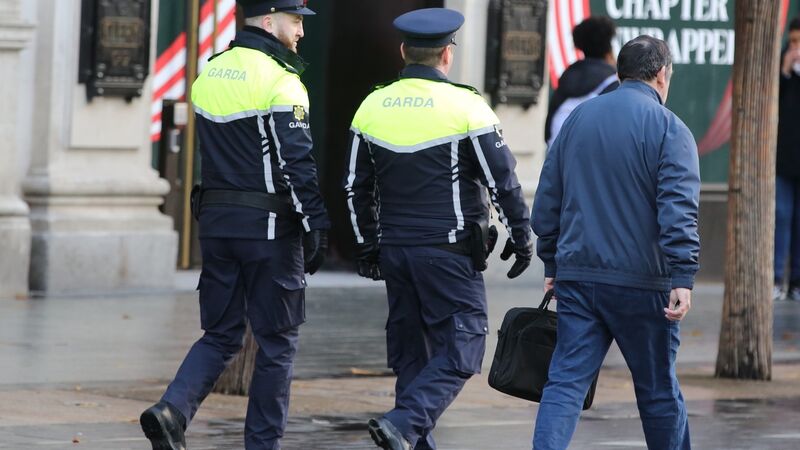Rising number of gardaí resigning shows retention problem 'getting worse'

A total of 142 gardaí resigned from their jobs by the end of October, up from 114 in September. File picture: Gareth Chaney/Collins
There was a large jump in the number of gardaí resigning from the force in October, official figures show.
A total of 142 gardaí resigned from their jobs by the end of the month, up from 114 in September.










